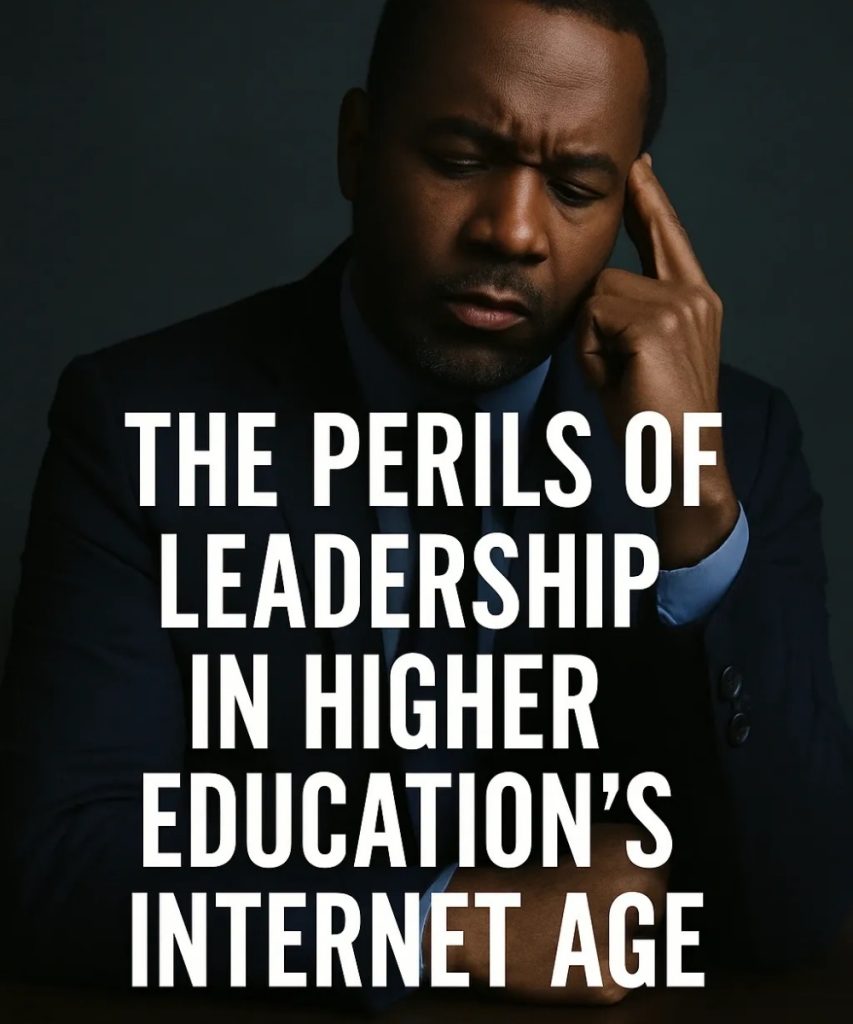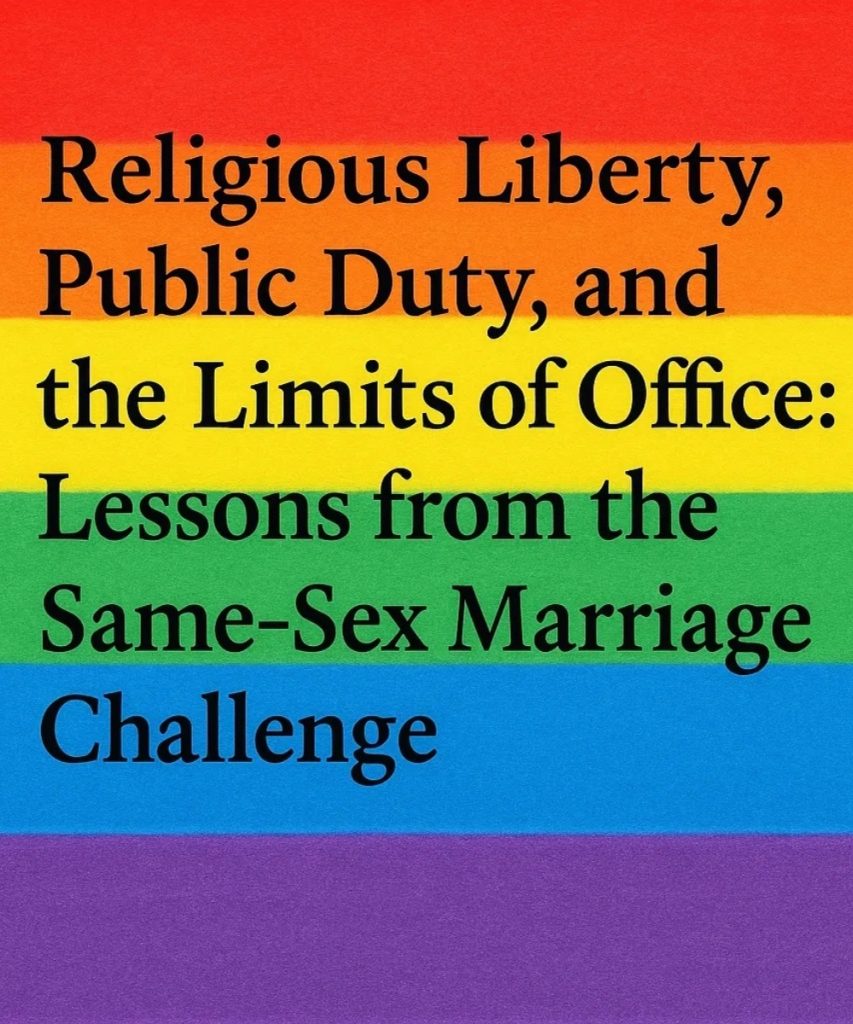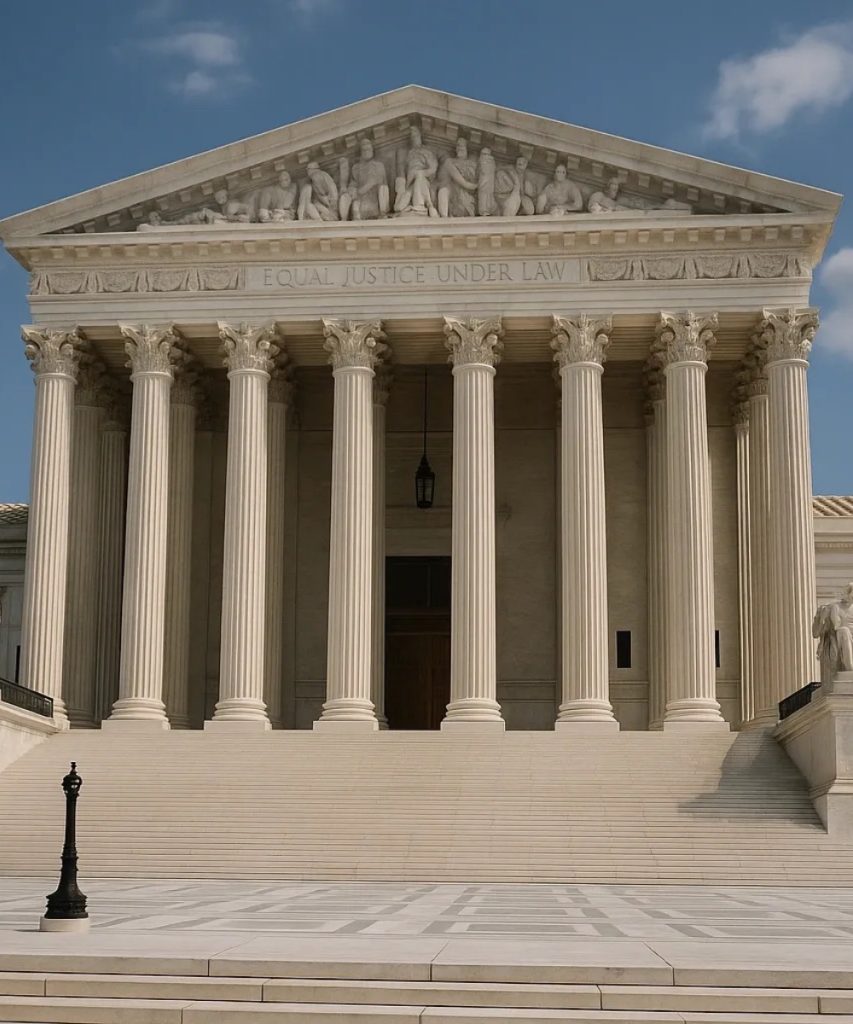Leadership is often described through the lenses of vision, execution, and strategy. But at the core of enduring leadership, especially in times of complexity and uncertainty, is something more human: reflection. A leader who knows how to pause, look inward, and recalibrate is not only more effective but also more sustainable. In today’s world, where the pace is unrelenting and pressures are high, the reflective leader is not a luxury. It is a necessity.
Knowing Yourself Before Leading Others
Self-awareness is the anchor of authentic leadership. It is not enough to be skilled or charismatic. Leaders must truly understand themselves—what drives them, what calms them, what triggers their ego, and what throws them off purpose. When leaders fail to check their own egos, they risk making decisions driven by insecurity or personal validation instead of mission and values.
The truth is, many leaders start with purpose but slowly drift. We get caught up in performance, metrics, politics, and optics, and somewhere along the way we forget the most essential leadership tool: ourselves. A reflective leader asks regularly, Am I still aligned with the values that brought me here? Am I leading from ego or service? What do I need to confront in myself to be more effective for others?
For years, I dedicated myself to public service—building organizations, serving communities, mentoring young people, and stepping into leadership roles with the goal of making an impact. I have honored that duty. But in the process, I often forgot to serve myself. I neglected my own growth, wellness, and education in the name of service to others. Recently, I made the intentional decision to shift that focus inward. I chose to return to school, to study law, and to finally invest in my own learning and development. This decision has reminded me that leadership requires balance. You cannot pour into others from an empty cup.
Ego is the Enemy of Sustainability
Ego, when left unchecked, is a silent disruptor. It can derail vision, create division, and blur judgment. When ego is at the center, leaders stop listening. They stop learning. They become reactive instead of responsive. A humble leader, in contrast, is grounded. They lead with curiosity. They leave space for others to contribute. They value growth over control.
True leadership is not about having all the answers. It is about having the courage to say, “I do not know, but I am willing to learn.” That humility opens the door to innovation and teamwork. It creates space for others to lead, too. That is the foundation of long-term success.
The Strategic Power of Self-Care
Reflection is not just an intellectual act. It is a whole-body necessity. Many leaders run themselves into the ground in pursuit of excellence, forgetting that they are human too. But a depleted leader cannot make sound decisions. A burned-out leader cannot build sustainable strategy.
Leadership demands stamina. It also demands care. So take a walk. Sit by the ocean. Meditate. Exercise. Breathe. Disconnect for a moment so you can reconnect to what really matters. These moments of pause are not escapes. They are fuel. They create clarity. They renew focus. They bring you back to your purpose.
Taking time to think is vital. A friend recently told me, “Be still.” At times, we do not need to move, respond, or work. We need stillness. We need space to just exist, to reconnect with our values, and to remember who we are beneath the weight of responsibilities. Stillness is not weakness. It is wisdom.
When leaders model self-care and stillness, they give others permission to do the same. That builds cultures of wellness. And from wellness flows resilience.
Accountability Begins With the Self
Reflective leadership means starting with yourself. The most powerful form of accountability is not what we ask of others. It is what we demand of ourselves. When we fall short, as every leader inevitably does, we must take ownership, learn, and move forward with greater clarity.
That kind of leadership builds trust. It creates environments where people feel safe enough to be honest, to reflect, and to grow. Organizations do not need perfection. They need people willing to do the work of honest self-assessment.
Reclaiming the Prize
In the pursuit of progress, leaders often forget what the prize truly is. It is not accolades. It is not titles. It is not applause. The real prize is impact. It is making a difference. It is leaving something better than you found it.
To reach that prize, leaders must know who they are. They must stay connected to their core. They must reflect. Again and again. Because vision without reflection can lose its way. But vision grounded in self-awareness stays true to its course.
In Closing
These times are hard. The demands are high. But the answer is not to push harder. It is to go deeper. Leadership today requires more than a sharp mind. It requires a steady heart. It requires stillness. It requires courage. The kind of courage that allows you to step back, listen to your own voice, and move forward with purpose.
Take time for yourself. Not later. Now. The work will still be there. But you will return stronger, clearer, and ready to lead with integrity. I am living proof of that.




